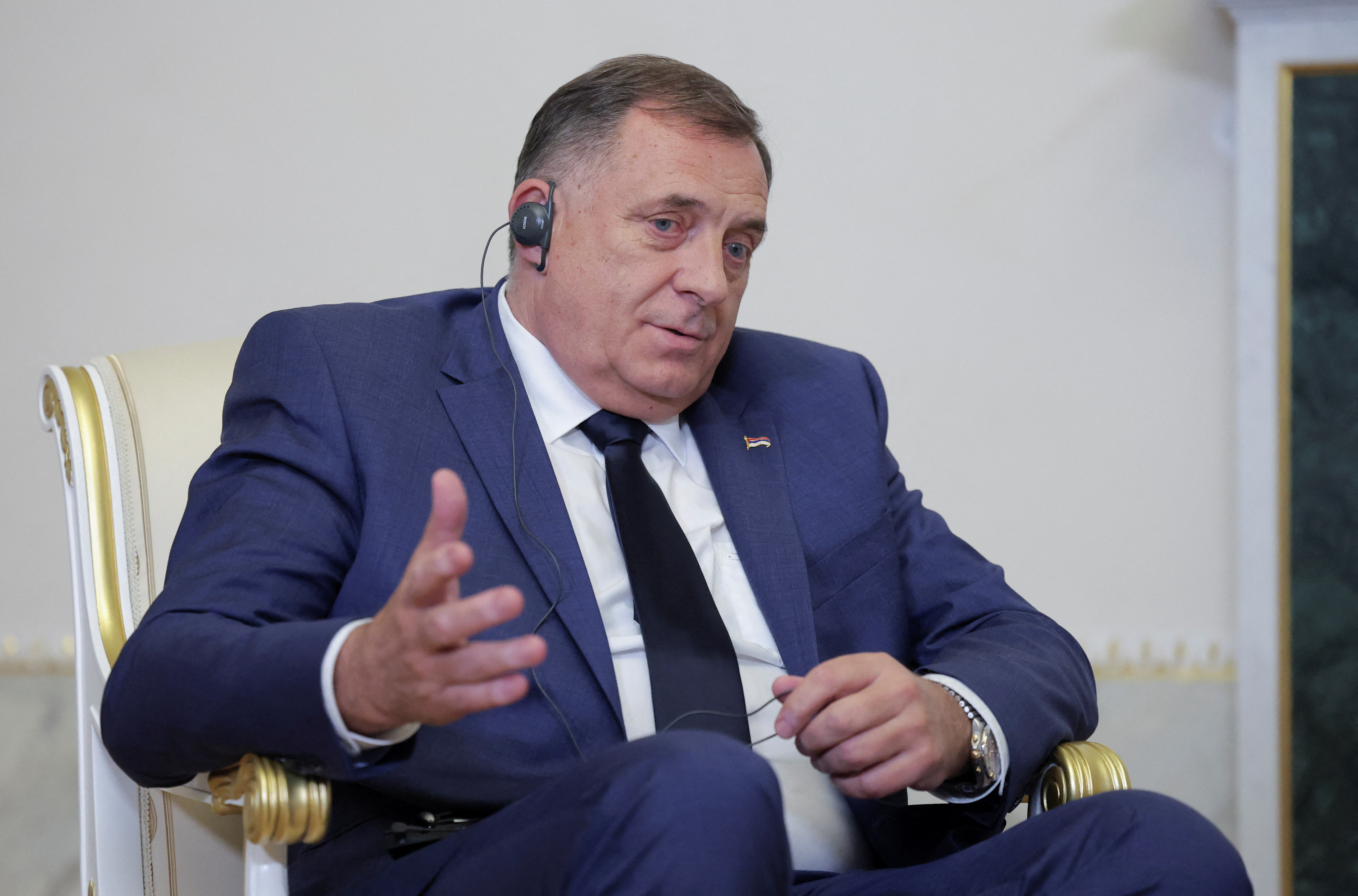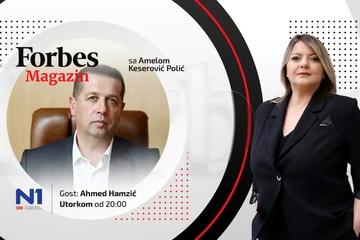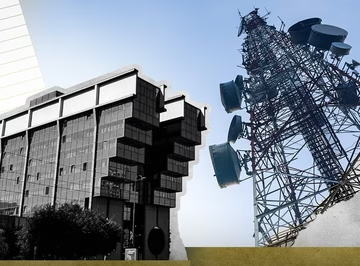
In a significant development impacting Bosnia and Herzegovina's political landscape, the United States has imposed sanctions on seven companies linked to Milorad Dodik, the President of Republika Srpska. These sanctions come amid allegations that Dodik and his family have exploited their political influence for personal gain through these businesses.
The sanctioned companies, including "Prointer ITSS," "Kaldera," and "Sirius 2010," have reportedly secured contracts exceeding 512 million Bosnian marks (some € 250 million) since their establishment, predominantly from entities within Republika Srpska. According to data analyzed by the Public Procurement Portal and Detektor, these firms have won over 1,400 tenders, with major clients including the Tax Administration of Republika Srpska and state-owned utilities.
The U.S. Office of Foreign Assets Control (OFAC) stated that these companies serve as significant revenue sources for Milorad Dodik and his family, accusing them of steering government contracts towards entities they control. OFAC highlighted instances where Dodik and his son, Igor Dodik, allegedly manipulated state budgets to favour specific companies, bypassing competitive processes.
One example cited involved "Prointer ITSS," which allegedly received multiple contracts despite previous sanctions affecting its SAP license. Despite these challenges, the company continued to secure lucrative deals, such as a 250,000 marks (some € 120,000) contract from "Elektroprenos" for SAP support.
Commenting on the sanctions, Brian E. Nelson, Deputy Assistant Secretary for Terrorism and Financial Intelligence at the U.S. Department of the Treasury, condemned Dodik for exploiting his position at the expense of the Bosnian people. Nelson accused Dodik of undermining Bosnia and Herzegovina's institutions while enriching his family, jeopardizing the country's Euro-Atlantic aspirations.
The implications of these sanctions extend beyond financial penalties, potentially affecting ongoing and future contracts with the sanctioned entities. However, many of the institutions that awarded substantial contracts to these companies have not yet commented on the OFAC's decision or its potential impact on their collaborations.
Efforts to reach out to these institutions by Detektor were largely unsuccessful, reflecting the sensitivity and complexity of the situation. Meanwhile, the sanctioned companies continue to participate in ongoing procurement processes, expecting to finalize contracts valued at approximately 1.5 million Bosnian marks (around € 750,000).
The U.S. sanctions underscore broader concerns about governance and transparency within Bosnia and Herzegovina, prompting calls for stricter oversight of public procurement and closer scrutiny of political influence on economic activities. As the situation evolves, stakeholders both domestically and internationally are closely monitoring developments amid ongoing efforts to uphold democratic norms and combat corruption.
Kakvo je tvoje mišljenje o ovome?
Učestvuj u diskusiji ili pročitaj komentare





 Srbija
Srbija
 Hrvatska
Hrvatska
 Slovenija
Slovenija



























































